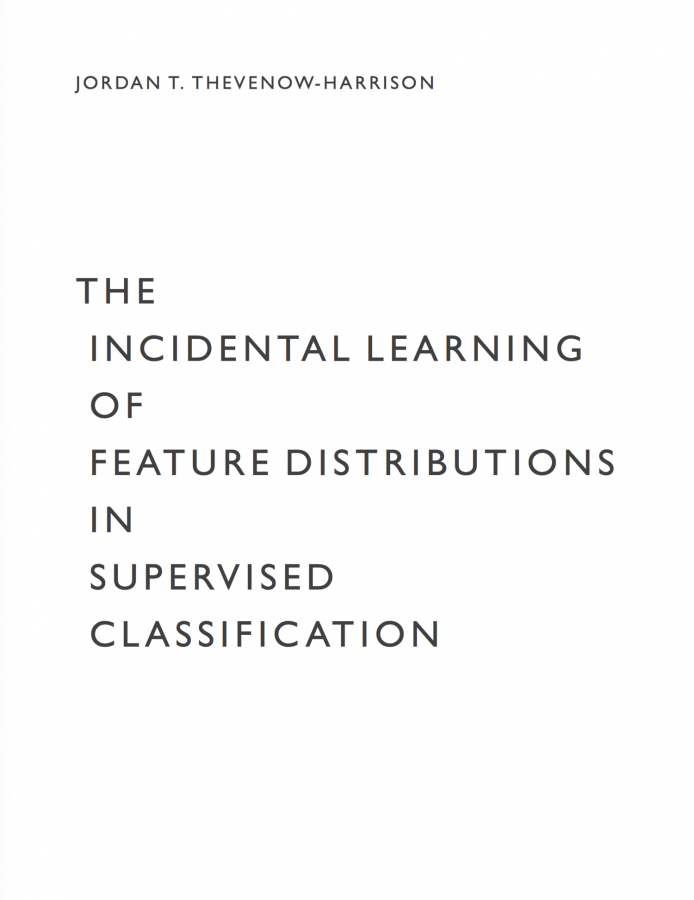Dissertation

Categorization allows us to organize and extend our knowledge to make predictions about new things in the world. My dissertation presents series of experiments about how the statistical properties of stimuli incidental to a supervised classification task influence later learning. After exposure to task-irrelevant but statistically varying features, do people “transfer in” such knowledge to new problems where that information is suddenly applicable, or do they learn nothing at all in the first place such that they have nothing to transfer out of the first learning situation. What information about irrelevant features bias people when they move to another task where those features become relevant?
The literature is unclear about how irrelevant features are used in later tasks, and most studies use categories that are binary: either the feature is present or absent. Few studies present continuous features with many distributions, and no study has systematically compared different distributions between tasks, especially with a large number of participants recruited online.

These findings inform how we can structure environments and tasks to prepare people to learn without explicitly teaching them before the task. This could make learning well-designed curricula and tasks more efficient. Another outcome of this dissertation research will be a number of open-source projects making online psychology experiments easier to perform, analyze, and replicate.